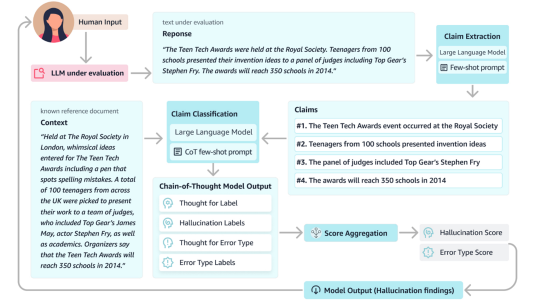Learning graph variational autoencoders with constraints and structured priors for conditional indoor 3D scene generation
2022
We present a graph variational autoencoder with a structured prior for generating the layout of indoor 3D scenes. Given the room type (e.g., living room or library) and the room layout (e.g., room elements such as floor and walls), our architecture generates a collection of objects (e.g., furniture items such as sofa, table and chairs) that is consistent with the room type and layout. This is a challenging problem because the generated scene needs to satisfy multiple constrains, e.g., each object should lie inside the room and two objects should not occupy the same volume. To address these challenges, we propose a deep generative model that encodes these relationships as soft constraints on an attributed graph (e.g., the nodes capture attributes of room and furniture elements, such as shape, class, pose and size, and the edges capture geometric relationships such as relative orientation). The architecture consists of a graph encoder that maps the input graph to a structured latent space, and a graph decoder that generates a furniture graph, given a latent code and the room graph. The latent space is modeled with autoregressive priors, which facilitates the generation of highly structured scenes. We also propose an efficient training procedure that combines matching and constrained learning. Experiments on the 3D-FRONT dataset show that our method produces scenes that are diverse and are adapted to the room layout.
Research areas




